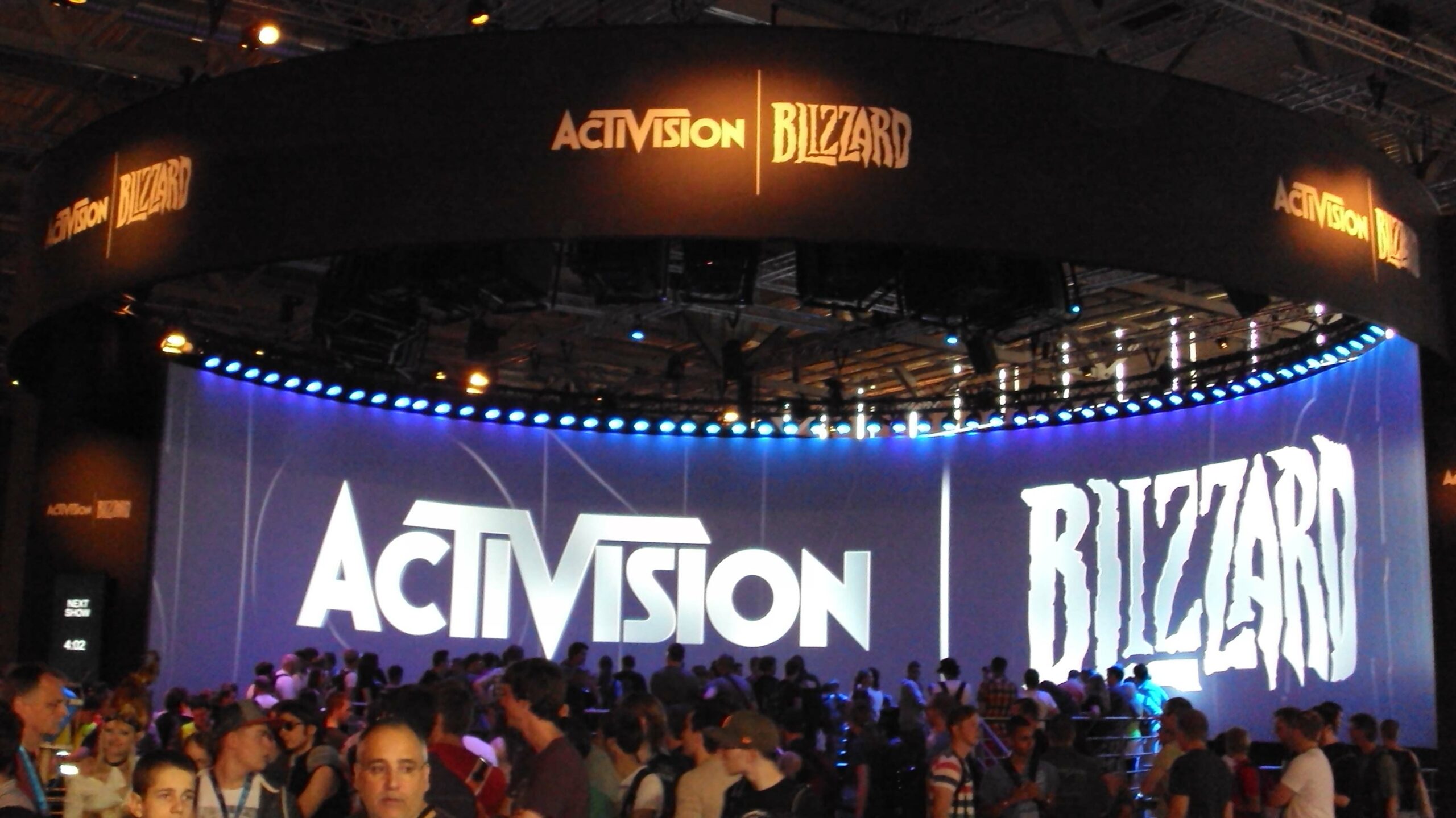
A California judge has approved an $18 million USD (about $22.5 million CAD) settlement in Activision Blizzard’s sexual harassment suit.
During a virtual hearing on March 29th, Judge Dale S. Fischer signed the agreement with the intent to close the case, although she acknowledged that she couldn’t stop anyone from filing an appeal.
The settlement pertains to a July 2021 lawsuit filed by the California Department of Fair Employment and Housing alleging a “frat boy” culture at Activision Blizzard. In the lawsuit, there were numerous reports of sexual harassment and other gender-based mistreatment at the Santa Monica-based gaming publisher.
As part of the settlement, anyone who worked at Activision Blizzard between September 1st, 2016 and March 29th, 2022 can submit a claim about sexual harassment, retaliation or pregnancy discrimination. Further, all “supervisory employees” at Activision Blizzard will be required to attend training on harassment and discrimination, while all employees will receive expanded mental health resources.
While A Better ABK, an advocacy group consisting of employees from Activision, Blizzard and King, hasn’t issued an official statement on the settlement, it’s unlikely that anyone who isn’t an executive is happy with this. After all, $18 million USD is absolutely nothing to a company like Activision Blizzard. For context, CEO Bobby Kotick, gaming’s most overpaid executive who was accused of covering up the toxic work culture, could receive more than $400 million USD (about $500 million CAD) once Microsoft’s acquisition of Activision Blizzard has been completed.
In the meantime, though, A Better ABK has been calling for unionization to help protect employees in the future. Activision-owned Raven, the developer behind Call of Duty: Warzone, has already announced a union, and A Better ABK has voiced its support for more unionization across both the company and industry writ large. Microsoft, for its part, says it won’t stand in the way should Activision Blizzard decide to recognize any unions.
Source: United States District Court — Central District of California Via: The Verge
MobileSyrup may earn a commission from purchases made via our links, which helps fund the journalism we provide free on our website. These links do not influence our editorial content. Support us here.


